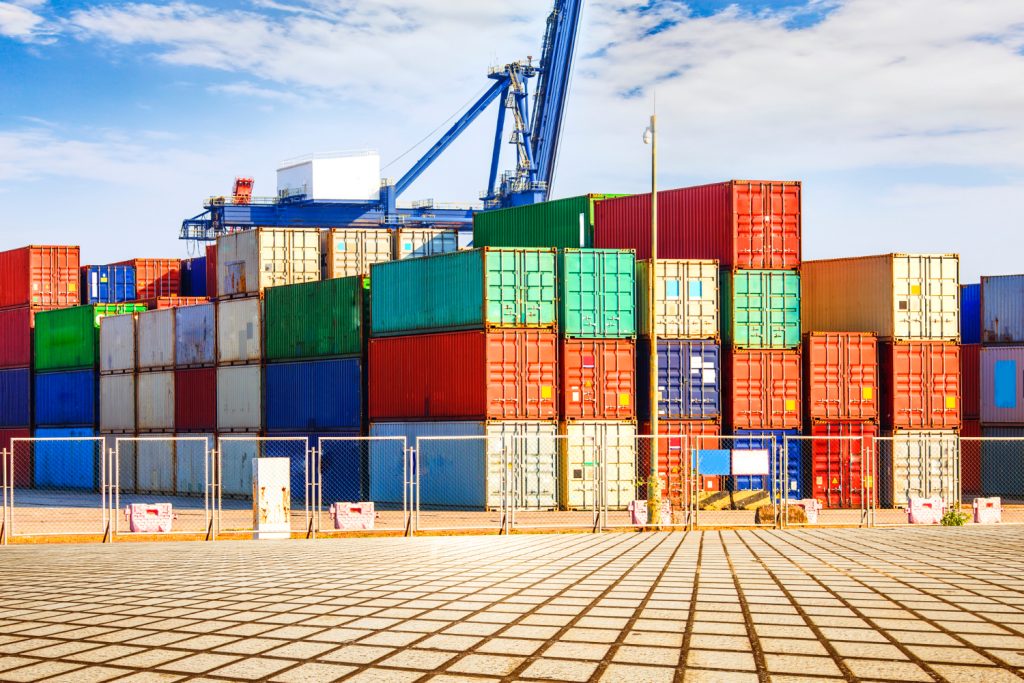
When businesses think about the cost of customs delays, the first thing that comes to mind is time. But time is only part of the story. Each day a shipment is held at the border can lead to rising expenses, strained client relationships, and serious disruptions to supply chains. If your company regularly ships goods internationally, avoiding customs delays isn’t just about efficiency—it’s a matter of protecting your bottom line.
The Hidden Costs of Customs Delays
While delays can happen for many reasons—ranging from incomplete paperwork to inspections or changes in import/export regulations—the real costs often add up behind the scenes.
1. Storage Fees
Ports and warehouses don’t offer free storage. If your shipment is held up, you could be charged daily storage fees, which escalate quickly, especially with larger consignments or during peak times.
2. Missed Sales Opportunities
Delays can mean out-of-stock shelves or backordered items, leading to lost sales. For e-commerce businesses or manufacturers relying on just-in-time inventory, this can be catastrophic.
3. Damaged Reputation
Consistent delivery failures damage trust. Clients and customers may look elsewhere if your company appears unreliable—especially when faster, more efficient competitors are just a click away.
4. Additional Administrative Costs
When delays occur, someone has to sort them out. Whether that’s legal fees, extra paperwork, or re-routing goods, these tasks take time and money away from your business’s core operations.
What Causes Delays?
Understanding the triggers behind customs delays is the first step in preventing them. Common culprits include:
- Incomplete or incorrect documentation
- Misclassification of goods
- Incorrect declared values
- Missing certificates or licenses
- Not adhering to country-specific import regulations
- Working with unlicensed brokers or logistics providers
While some of these may seem like simple mistakes, even minor errors can result in days or weeks of delay.
How to Avoid Costly Customs Delays
The good news is that customs delays are largely preventable with the right processes and partnerships in place. Here are several ways to ensure your goods cross borders without unnecessary interruptions:
1. Prioritize Accurate Documentation
Double-check every form before submitting it. Make sure harmonized system (HS) codes are correct, item descriptions are detailed, and all invoices match the contents of the shipment. One mistake here can trigger red flags with customs officials.
2. Understand Country Regulations
Every country has its own import rules. Before shipping, make sure you’re aware of any restricted items, required permits, or specific packaging and labelling guidelines.
3. Use a Reputable Customs Broker
An experienced broker is worth their weight in gold. They navigate the ever-changing regulatory landscape, ensure documentation is compliant, and act as a liaison with customs authorities. If you’re looking for a reliable customs clearance service, working with experts who understand the process inside and out can save both time and money.
4. Plan for Contingencies
Build buffer time into your delivery schedule. While the goal is to avoid delays altogether, having a contingency plan ensures your business isn’t thrown off track when something unexpected occurs.
5. Train Your Team
Ensure your logistics and warehouse staff are trained on international shipping procedures. This reduces the risk of packaging mistakes or inaccurate declarations that can slow down your shipment at the border.
Final Thoughts
In international trade, smooth customs clearance can mean the difference between a satisfied client and a missed opportunity. Customs delays aren’t just frustrating—they can be expensive, reputation-damaging, and operationally disruptive. But with the right knowledge, planning, and support, these issues can be minimized or even eliminated entirely.
Whether you’re expanding into new markets or simply looking to streamline existing operations, taking customs compliance seriously is a smart business move. The investment you make today in preventing delays could save you from much bigger costs tomorrow.